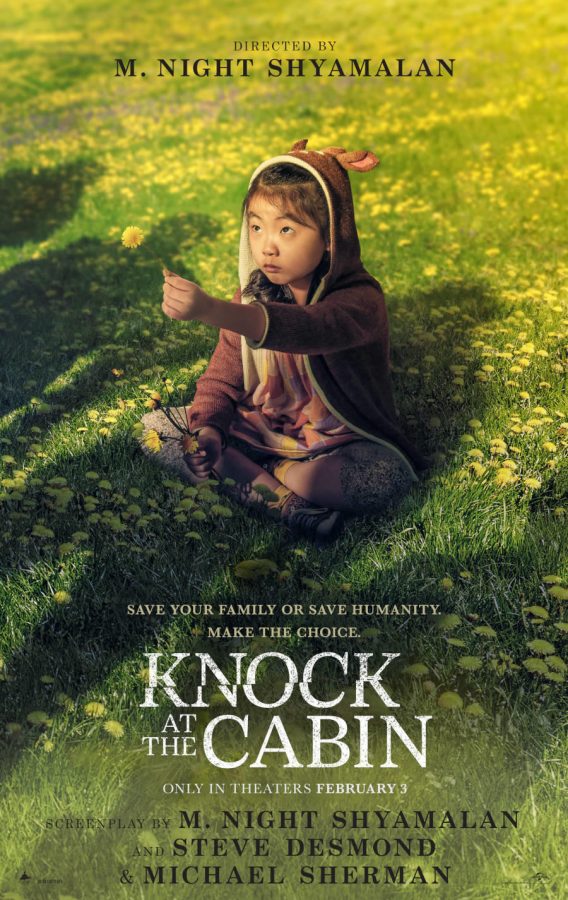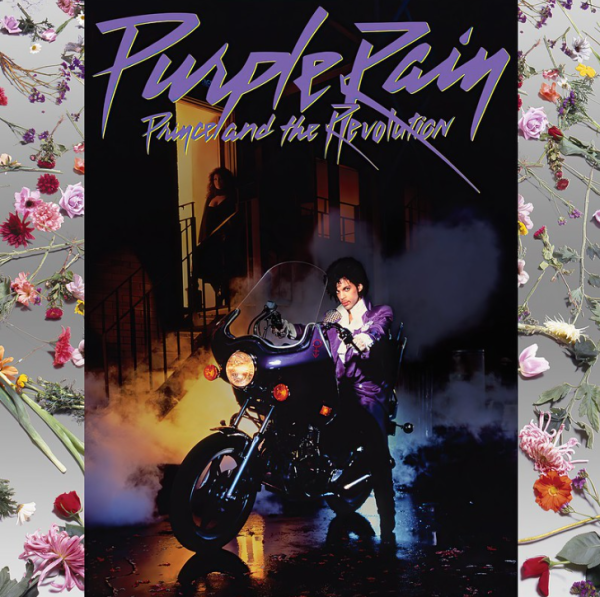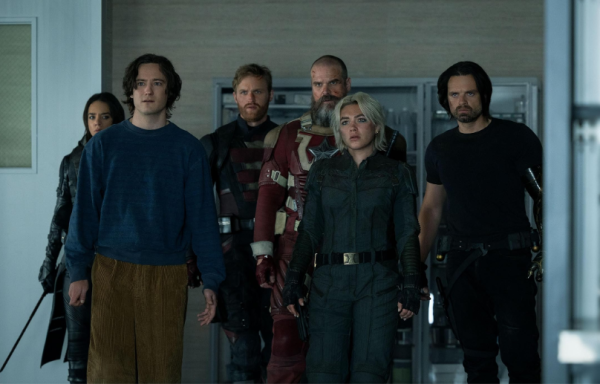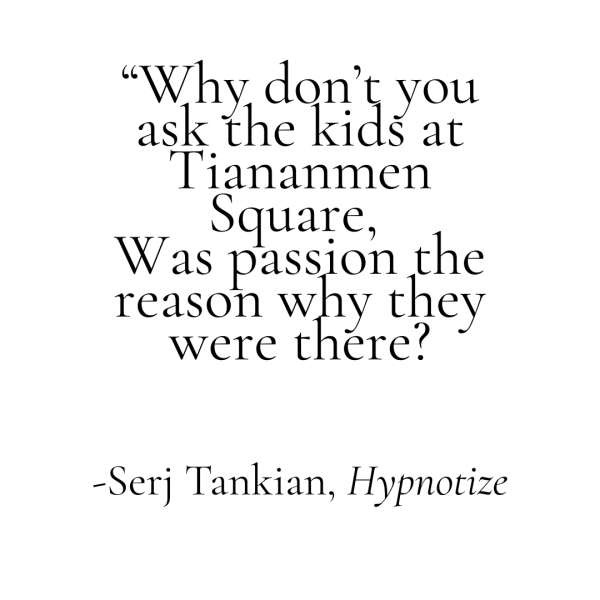Knock at the Cabin an impressive performance
Released Feb. 3 from director M. Night Shyamalan, Knock at the Cabin, offers promise.
The film has a great cast starring Jonathon Groff (best known as King George III in Hamilton), Rupert Grint (Ron Weasley himself), and Shyamalan attempting to prove that he can make good movies again. It’s funny — because has he ever really written any good movies?
Split was fine, and the writing wasn’t terrible. Still, the representation of dissociative identity disorder (DID) only furthered misinterpretations that the disease is used as an excuse for violent people and actions. Old was definitely a movie. The concept was pretty cool, but a common theme in M. Night movies is choppy writing — over-explaining lines that only serve to drag the pace of the film. Things like, “Hello, I am a doctor. I am going to heal you now.”
The only true “good” movie that M. Night has written was The Sixth Sense. He loves his big twists, and this one actually had some layers to it. With every re-watch of the movie comes a deeper understanding of characters’ choices and of how each scene contributes to the twist. It was clever.
M. Night Shyamalan is fine; he has created good, terrible and okay movies. And this writer is open for redemption arcs, encourages them, actually.
So, Knock at the Cabin — what is it about? A family on vacation is taken hostage by four people who claim that the family has to make a significant sacrifice in order to prevent the apocalypse.
Pretty cool concept. It sucks that M. Night didn’t come up with it. That’s right, the story is based on a book. That is basically a free pass to write an easy script, right?
Right. This movie is actually pretty good. The writing never gets to where it was in Old — thank God. This movie keeps the audience wondering if the group is there to really stop the apocalypse, or if the family itself is targeted. Even though the film is almost two hours long, it doesn’t drag. The pacing is nice.
The casting is also phenomenal. Groff evokes a lot of emotion at the end of the movie. Wen (Kristen Cui) plays her role very well, despite being a child actor with little experience.
Various flashbacks give background on the family that’s held hostage. They tie into the story well; they have a place and add to the story in ways that make sense. These additions to the story are delightful, and they help the audience sympathize with the characters, hoping for their escape.
Only a few things in this movie could have been different. One is the casting of a British actor to play an American southerner. Who decided that? Now listen, tons of British people can do a good southern accent, and Rupert Grint can do one. It’s just not consistent. His accent goes in and out, making viewers wonder if he is who he says he is (which is a central theme), or if he’s just bad at keeping the accent. Who knows?
Another problem, though less prevalent, is the CGI. The budget was only $20 million, which wasn’t ideal. Still, some of the plane crashes and fires look like they were edited in iMovie. A major criticism from other reviews is about the lack of background on the four apocalypse people and their arrival at the cabin. But realistically, it makes more sense to leave out the background stories. It keeps the audience wondering if the four people are really there for the reasons they claim.
Knock at the Cabin is filled with cool shots, a good plot, okay writing and excellent performances. This movie deserves a 4/5.






